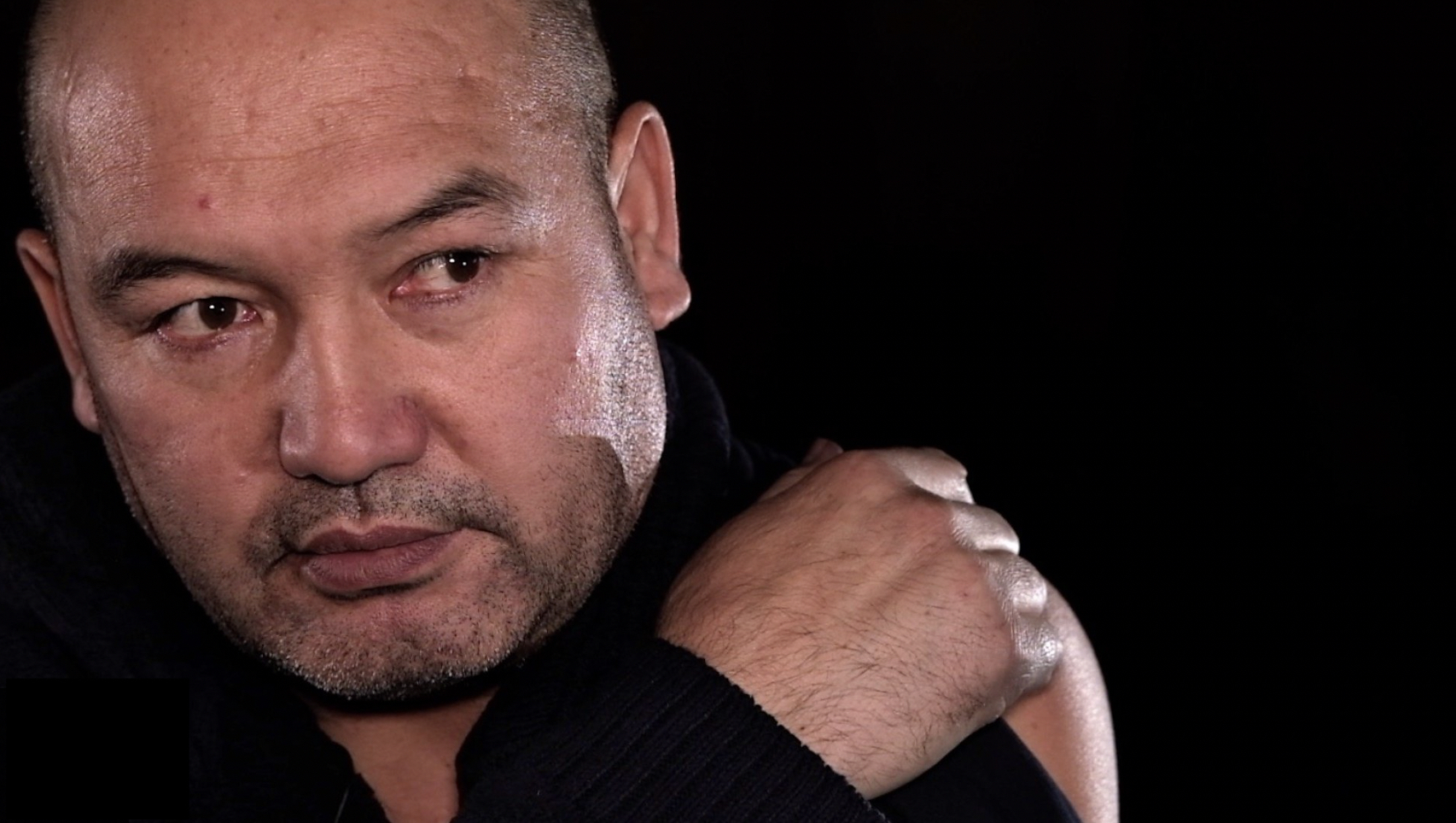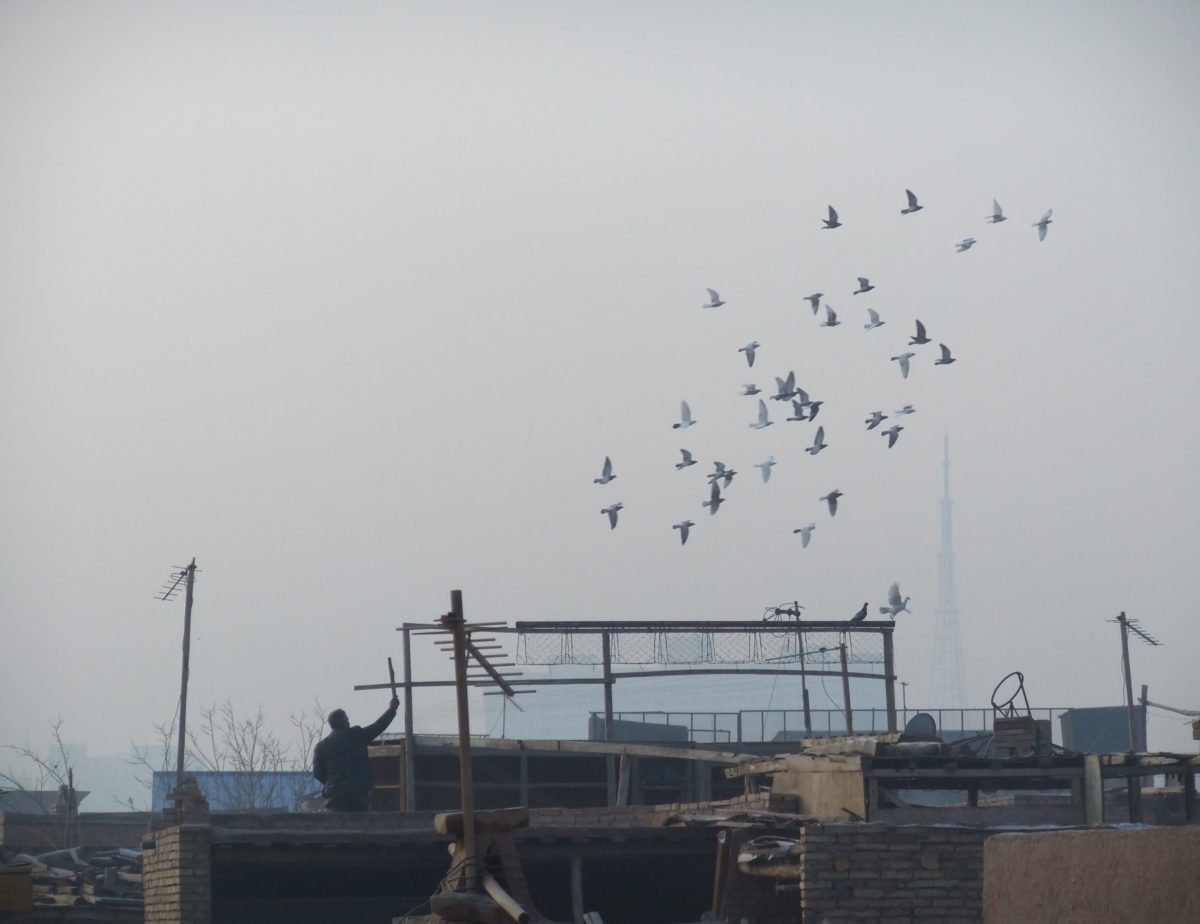U.K. court throws out Uyghur forced labor lawsuit but plaintiffs call the judgment an ‘important vindication’
Activists and a former victim of internment and forced labor sued the British government for failing to act on reports of forced labor in cotton supply chains. They lost the case, but say the wording of the judgment was an “important vindication” for persecuted Uyghurs, Kazakhs, and other Muslim minorities.

The World Uyghur Congress, backed by the Global Legal Action Network, took the unusual step in October 2022 of collaborating with a former internment camp detainee to sue the British government over failures to seize cotton exports produced by companies that use workers “subject to conditions of detention and forced labor.” But much to their disappointment, their case was thrown out on January 20, 2023.
The central plaintiff in the case was Erbakit Otarbay, a Kazakh man who was detained in a so-called “reeducation center,” and then forced into labor in an adjoining clothing factory. He says his experiences compelled him to speak out on behalf of those he left behind regardless of the consequences to himself or his family back in China. As he left, they had begged him, “Go as far as you can to every country and call for our release and tell them what the Chinese government is doing to us,” he told Radio Free Asia following his arrival in the U.K.
Otarbay, who had been tortured and interrogated during his two-year internment, urged the U.K. government to ban all goods from Xinjiang. “They should take actions to stop the forced labor,” he pleaded.
China produces 30% of the world’s cotton, and of that 85% originates in Xinjiang. A September UN report confirmed that forced labor was occurring in the Uyghur Region and pressure is mounting around the world to challenge the ambiguity of supply chains and to eliminate forced labor wherever it may be found.
But after three months of deliberations, despite government lawyers having parroted previous prime minister Liz Truss’s verdict of genocide and her comments on the “appalling” silencing and repression of Uyghurs, the presiding High Court judge, Ian Dove, was not satisfied with the evidence. He did not dispute the “striking consensus in the evidence that there are clear and widespread abuses in the cotton industry in Xinjiang, involving human rights violations and the exploitation of forced labor,” but he said the “circumstantial evidence of statistical risks of criminality is not a substitute for proof.”
In bringing the case against the U.K. Home Office, HMRC (tax office), and the National Crime Agency, the World Uyghur Congress accused the government of having the power to investigate these imports but refusing to exercise it.
In a press release following the judgment, World Uyghur Congress president Dolkun Isa said, “This creates a remarkable situation where so long as importers pay market price for forced labor goods, they cannot be prosecuted for acquiring them, even if they know those goods are the product of atrocity crimes.”
This was the first time Uyghur repression has been raised in a foreign court. The unique case has, for the first time, tested two U.K. acts of parliament: the late Victorian-era Foreign Prison-Made Goods Act 1897, and the Proceeds of Crime Act 2002, which deems the profits of human rights abuses to be criminal property. While state lawyers agreed that cotton produced by enslaved Uyghurs could be considered the proceeds of crime, they doubted whether there was enough evidence to investigate.
“Deeply frustrated” by the result, Siobhán Allen, a senior lawyer with Global Legal Action Network, said they were determined to press ahead and were considering an appeal. A successful outcome would have meant companies could be prosecuted for importing forced labor cotton, their goods impounded, and their profits confiscated. But instead of this, what Allen called “overwhelming evidence” of atrocities linked to the cotton industry in the U.K. was being set aside: “The result of this judgment is that the U.K. government faces no accountability for its refusal to effectively deal with imports of atrocity crime goods.”
Gearóid Ó Cuinn, the director of Global Legal Action Network, said in an article on the organization’s website that the “whole purpose of the Proceeds of Crime Act is to ensure that crime doesn’t pay,” but that judgment sent “a message to the Uyghur victims that as long as U.K. companies pay market value for slave labor cotton, the U.K. government and courts will not intervene.”
The Global Legal Action Network did, however, call the judgment an “important vindication” for the Uyghur people of their suffering and an acknowledgement that they are “victims of an ongoing criminal enterprise perpetrated by Chinese authorities,” while Dolkun Isa said,
“It was encouraging that the judge recognized that the evidence we presented of widespread human rights abuse…was clear and undisputed by the government.”
But the chairman of the U.K.’s All Party Parliamentary Group on Uyghurs, MP Alistair Carmichael, warned against complacency after the verdict. He urged the government “to take responsibility for ridding the U.K. of the products of Uyghur forced labor by doing all it can to prevent such products from entering the U.K.”
Global Legal Action Network is also pursuing a complete ban of the import of forced labor cotton into Ireland, which it hopes will have repercussions on EU law and the European fashion industry. A case was made to the Irish Revenue Commissioners in October 2022 and lawyers are awaiting a response.






